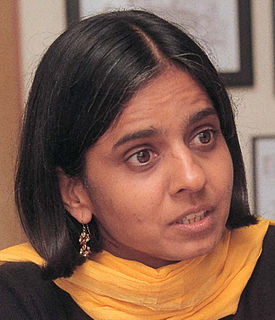A Quote by Bhavish Aggarwal
China rightly identified consumer Internet as important and moved to protect it, and we need to do the same in India.
Related Quotes
In terms of building consumer products, the U.S. and China are ahead of India. The interesting opportunity for India is whenever there is a disruption in technology, it gives every country a chance to leapfrog and take a lead. To take an example, China is leaping ahead in growing the China electric vehicle ecosystem.
India does not need to become anything else. India must become only India. This is a country that once upon a time was called 'the golden bird'. We have fallen from where we were before. But now we have the chance to rise again. If you see the details of the last five or ten centuries, you will see that India and China have grown at similar paces. Their contributions to global GDP have risen in parallel, and fallen in parallel. Today's era once again belongs to Asia. India and China are both growing rapidly, together. That is why India needs to remain India.
I want to clear this once and for all. I was born in Hong Kong. I grew up in Japan and China. London is not home for me. I was there only for three years before I moved to India, but that's probably why I am connected with it. London is definitely not the place I consider my home. It's India that I consider home.



































